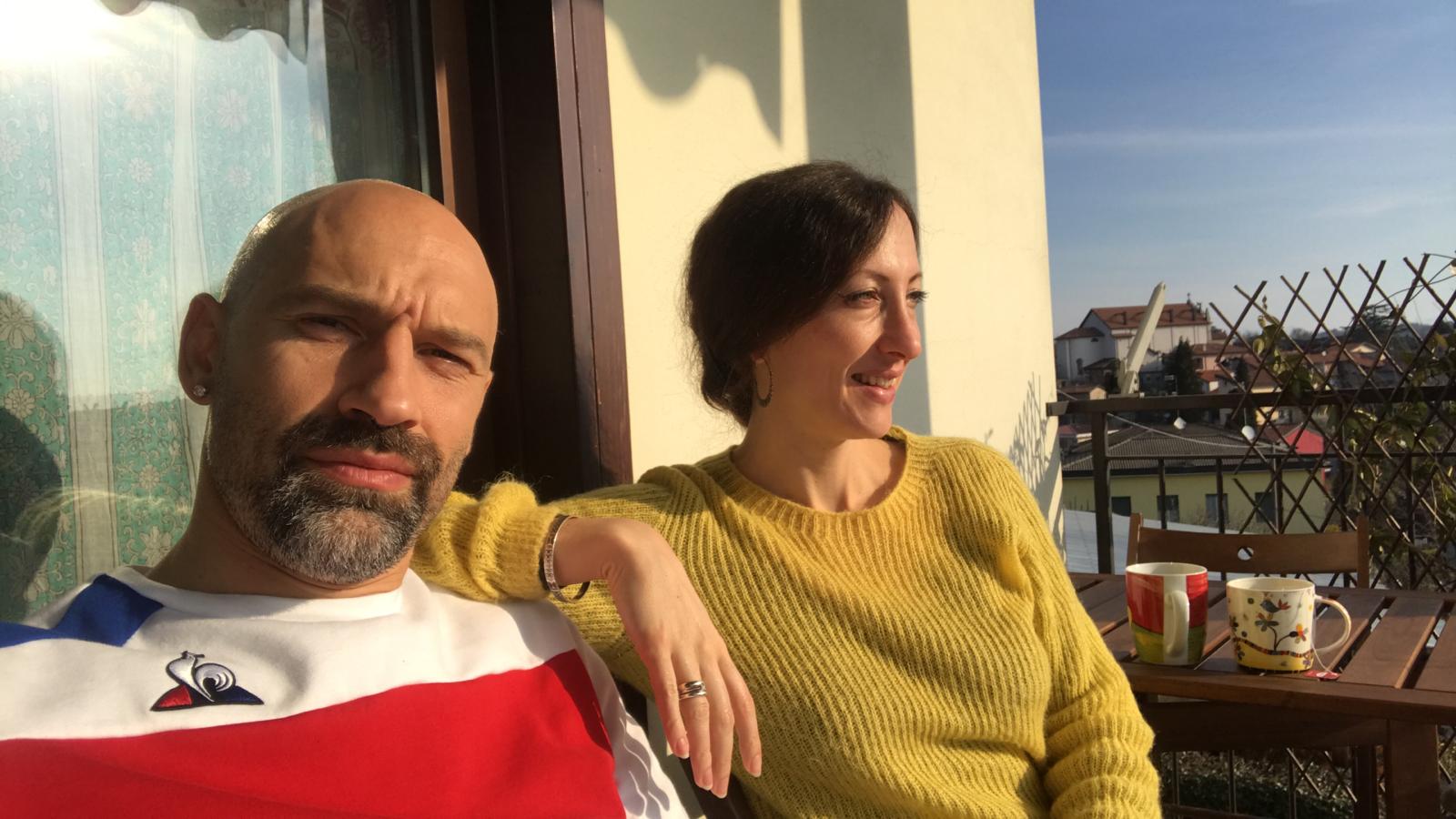In the wake of the global outbreak of Coronavirus, parts of Italy have been under lockdown for weeks. Indians can take some lessons from how they are coping with it
Just to get an idea of what may be in store during the lockdown, it’s good to interact with and learn from people locked up in their homes for a good three weeks now, in Italy.
People react to being confined and their reactions depend on the kind of life they were leading to start with. There are people who go climbing, or for runs, stay out in the open in the morning, while bar-hopping, mingling with friends is often the evening itinerary for many.
For Italians, in contrast to many other countries in Europe, family time is crucial. They also have one of the best health infrastructures in place, and people, in general, take life seriously and go about their daily routines methodically.
So when the Coronavirus (Covid-19) hit Italy, despite all the inherent advantages of a robust health system, it spiralled and spread across the country in a couple of weeks–the latest count is 74,386 cases with 7,503 dead, around one-tenth of all cases. The saving grace is that 9,362 people have recovered.
One of the reasons that led to the rapid spread of the virus was the slow response of the authorities who in the beginning took the pandemic lightly. And it’s a lesson for India, and other countries of the world, to hit hard from the very beginning. It is correct to order a lockdown before the epidemic is big enough to go rogue and become unmanageable.
Being a big fan of Renaissance art, I have in the past visited art museums, galleries, churches and palaces in Rome, Naples, Milan and Florence to name a few. And made many friends in the process. Now that I’m locked up in my house, solitude is the only company I have, using technology to be in touch with my friends in Italy, who feel cocooned in their own houses. I talk to them to formulate my own strategy. Keeping busy is the way out, and regular exercise will keep you in good spirits while vitalising the immunity system.
Micheal is a 27-year-old professional who likes to dabble in art. He’s a frequenter of the Brera Gallery in Milan where I met him for the first time. We became friends and spent an evening bar-hopping in the majestic city of Milan. He speaks good English, has lived in London for a couple of years, and has since settled in Rome.
We had a two-hour-long Whatsapp Video chat on Sunday, and he had many things to share.
He’s confined with his girlfriend, Lisa, a banker. While he’s fairly unorganised, she is “methodical to a fault,” as he describes her. For the first few days, it was fine, a respite from work. But then things started to change. They felt “claustrophobic” and “irritable”. Things that they liked about each other now irked them. After two weeks, the mere presence of the other became too much to handle.
So they started to live in separate rooms, meeting only for meals. While Micheal goes out to get the provisions, Lisa keeps the house “clean and disinfected.” She doesn’t trust Micheal with the cleaning of the house. They take turns cooking, and when Micheal does the cooking, Lisa does the dishes.
While Michael’s family is based in Naples, Lisa is a local girl. Lisa has met her folks only twice since the outbreak, just for a short while at the supermarket. “It’s not the current state of affairs that’s worrying. I know of at least two people who have died. The thing that makes me lose my mind is the thought of the future,” Micheal explains.
He also shared that his cousin, who tested positive for the virus, is recovering fast. But despite this, he has nightmares where everyone he knows dies alone in their beds and their homes become mausoleums. He is getting more and more paranoid with each passing day.
He draws consolation from the discovery that no material good is really indispensable. And that personally, “I’m not what I thought to be. This long phase of being oneself reveals new facets about your own being. I’m doing better than I thought,” he stresses. A lot of things he’s passionate about–like climbing–seem quite “twopenny-halfpenny” now.
Using the blessing of technology, it was more than wonderful to touch base with Elena Valdameri, a friend, a scholar in Modern Indian history, who lives near Varese, North of Milan, with her husband Davide Tadiello and three lovely cats–one of them is named ‘Ladoo’. They live in a duplex, and their sunny balcony is their favourite place in the house.

She shares that she steps out only to buy essentials and take care of her father who lives alone half an hour’s drive from her place–he’s not keeping well these days. She shares the responsibility with her elder brother and sister, Laura. Laura’s father-in-law has also tested positive for the infectious virus, but is on the path to recovery.
Elena keeps herself busy with her academic work, cooking and reading. She’s in touch with her friends and family and even organises online luncheons and dinners. One of the ways to keep happy, despite all odds, is to cook and eat delicacies. Who knows it better than the Italians!
She says it’s fine that she is home, and unlike many others, is financially secure. It is still a harrowing experience to be confined in a place, even if it happens to be your own home. She’s proficient in yoga, so is Davide, which keeps her in good spirits.
But she doesn’t mince words and says, “This whole talk about it’s a good time to introspect is not the case,” because “the uncertainty about the future is stressing.” She’s a doer and a person who’d never give up, but she’s also forthright about her feelings, so if the going is not easy, she won’t pretend it is.
About the medical situation, she says, “There aren’t sufficient medicines and beds.”
But then the silver lining is that “ We are all in it together,” says Geltrude, a 35- year-old lawyer. The way out of the crisis is isolation. “In these testing times, one is face to face with his or her own real self,” he puts it eloquently. He’s based in Milan and lives with his girlfriend, also a lawyer. “We’re fine, although our region is the most affected by Covid-19 in Europe, perhaps in the whole world,” he says and adds, “Anyway, we can only stay at home and wait for better times.” This perhaps, is the best advice for the people of India.





